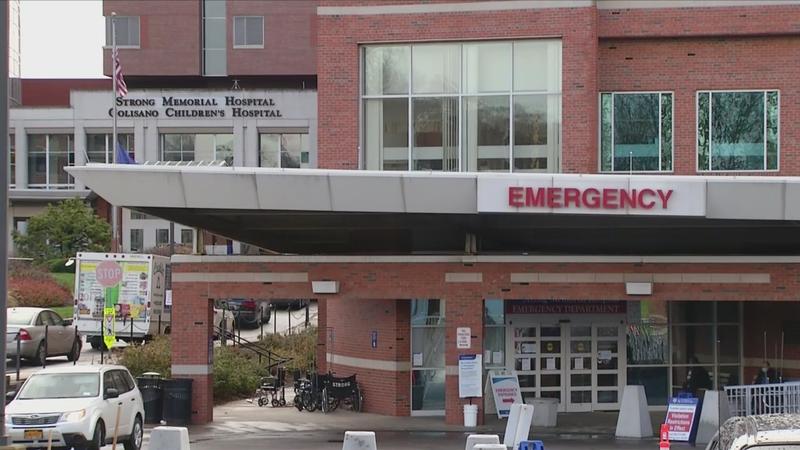Local healthcare systems begin ‘limiting’ some surgeries: What you need to know
[anvplayer video=”5075673″ station=”998131″]
ROCHESTER, N.Y. (WHEC) — Local pauses on elective and semi-elective surgeries officially took effect Monday, just days after Gov. Kathy Hochul’s executive order started.
For recap: UR Medicine implemented a three-week pause on "elective and semi-elective" surgeries that require a hospital stay and Rochester Regional Health has already taken the active step of limiting inpatient elective surgeries at Rochester General, Unity, and Newark-Wayne Community hospitals.
Across the state, the policies apply to procedures scheduled to occur on or after Thursday, Dec. 9. Hochul clarified Friday that she is not calling for a "blanket order" to pause elective surgeries, as the impacted hospitals are at 10% capacity or less. As of Friday, the DOH said there are 31 hospitals in “at-risk” regions that meet that threshold.
Guidelines for the pause were released Friday.
UR insists its move was on its own accord, and not a result of Hochul’s order.

On Monday, URMC spoke to News10NBC Investigative Reporter Jennifer Lewke, and it told her its hospitals and emergency departments continue to see "unusually high" utilization rates, or, the amount of an employee’s available time that’s used. The system told Lewke it is exploring the conversion of available hospital spaces to “nursing home units” to care for cohorts of assisted living center patients.
Additionally, as UR works to fill staff vacancies, it says it’s providing incentives for hundreds of current staff members to cover additional shifts and more travel nurses have been brought in to supplement staffing.
As the health system works to fill staff vacancies, it says it’s providing incentives for hundreds of current staff members to cover additional shifts and more travel nurses have been brought in to supplement staffing. @news10nbc https://t.co/UhCP85lXz8
— Jennifer Lewke (@WHEC_JLewke) December 6, 2021
Strong Memorial Hospital and Highland Hospital are also deferring non-essential procedures at hospital-owned ambulatory surgery centers beginning Thursday, Dec. 9.
According to the executive order, there is a list of procedures that will never be postponed.
- Cancer, including the diagnostic procedure of suspected cancer
- Neurosurgery
- Intractable Pain
- Highly symptomatic patients
- Transplants
- Trauma
- Cardiac with symptoms
- Limb threatening vascular procedures
- Dialysis Vascular Access
- Patients that are at a clinically high risk of harm if their procedures are not completed
Also according to the governor’s executive order, there will be at least a week’s notice before any procedure is postponed.
Hochul said the state will look at its procedures again and reconsider any changes in mid-January.